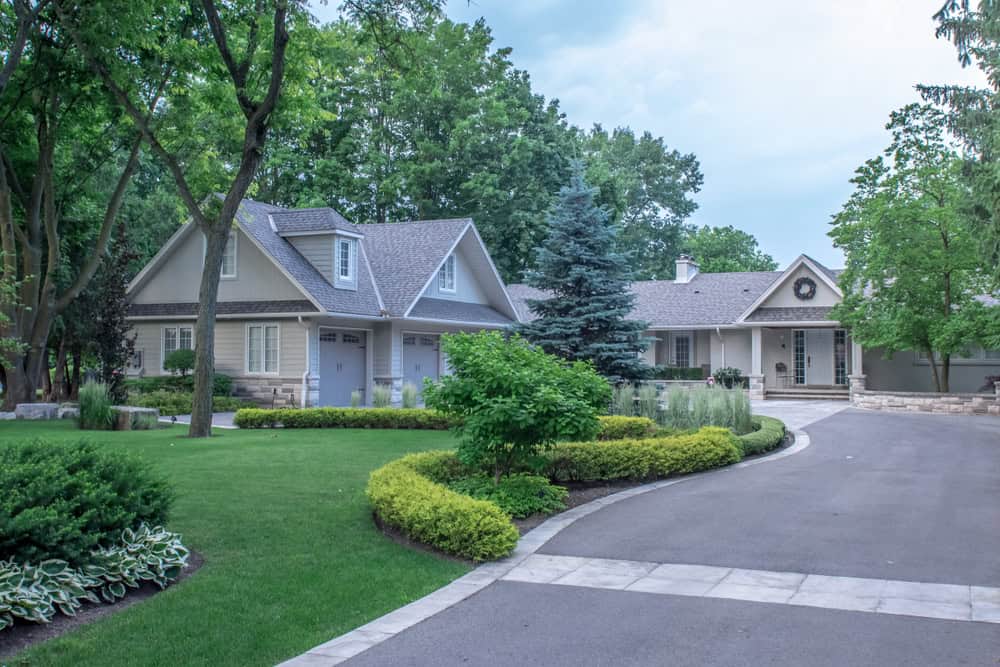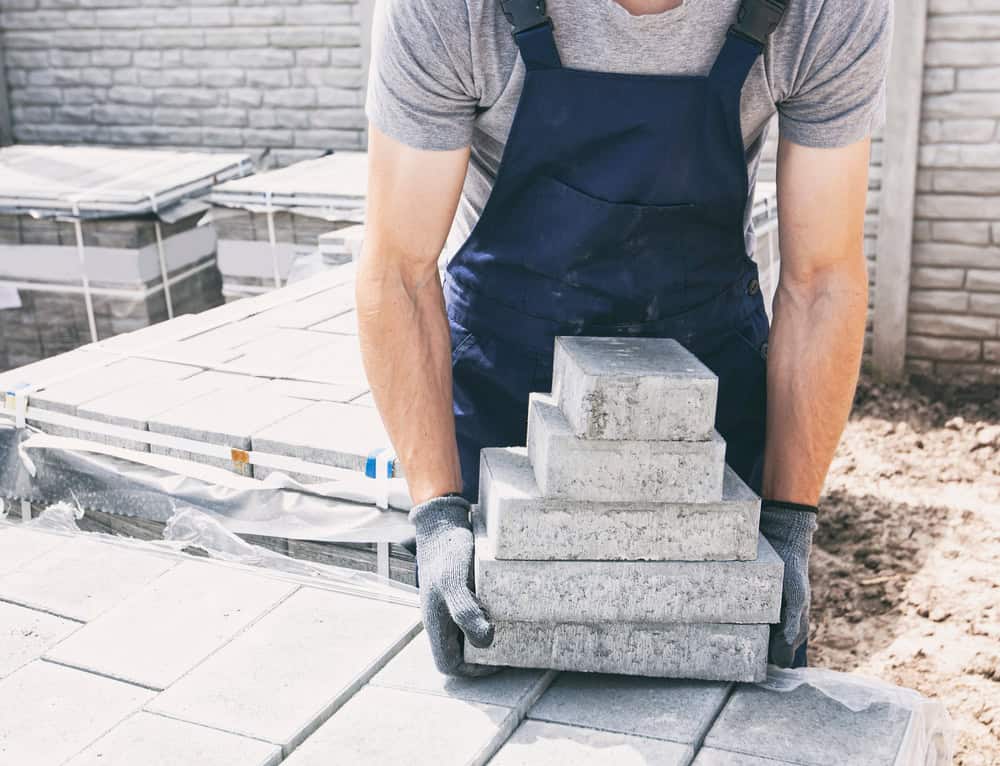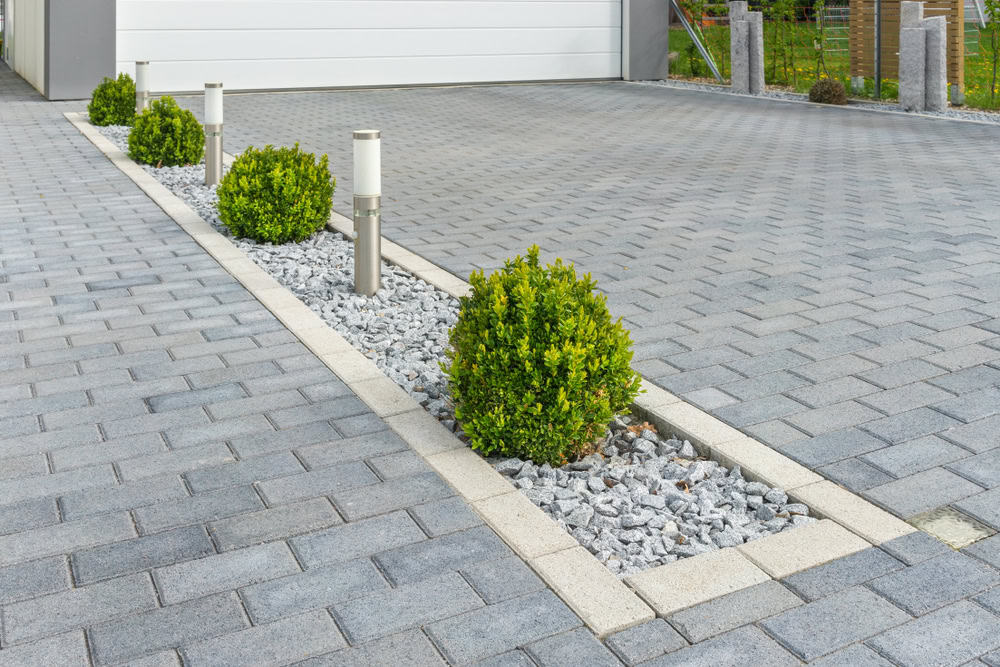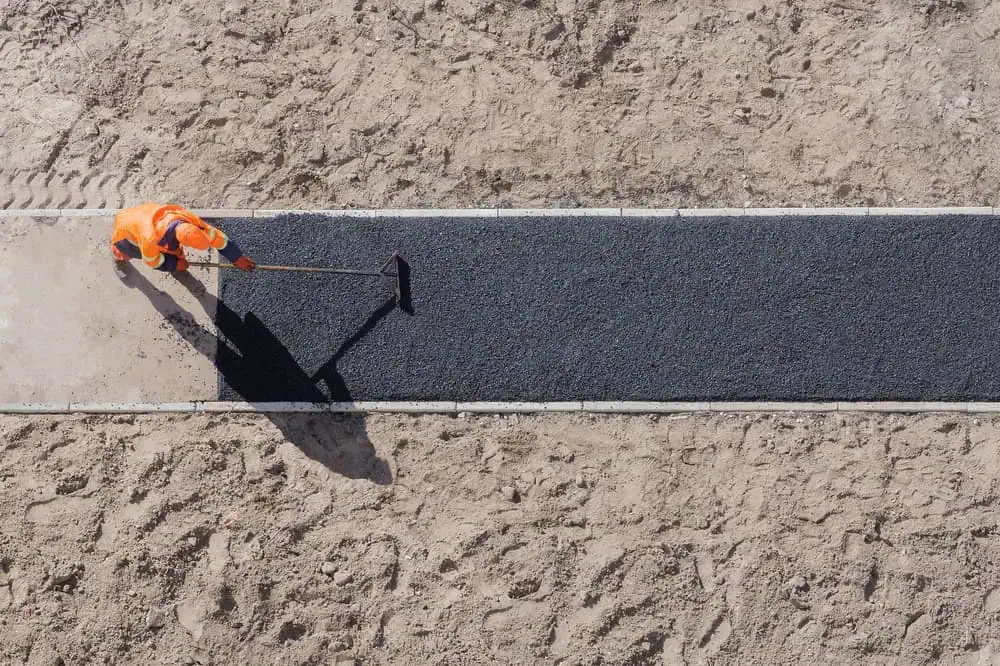Durable, beautiful paving installation that adds value and creates the outdoor living space you’ve been wanting.


You get an outdoor space that works the way you need it to. No more dealing with cracked concrete or uneven surfaces that collect water and become safety hazards.
Professional paver installation means proper foundation work from the start. Your new patio, walkway, or driveway handles New England’s weather without shifting or settling. The surface stays level, drains correctly, and looks the same five years from now.
You also get flexibility that concrete can’t match. Individual pavers can be replaced if damaged, and the design options are endless, letting you create something that truly complements your home’s architecture instead of looking like an afterthought.
Academy Masonry has been handling paving installation projects throughout Winchester and the surrounding area for years. Our skilled paving contractors understand local soil conditions, drainage patterns, and what materials hold up best in this climate.
Most importantly, we know the difference between doing paver work right and doing it fast. Proper base preparation and drainage aren’t optional steps—they’re what separate a project that lasts from one that becomes a headache two seasons later.
Our approach is straightforward: assess your property correctly, use quality materials, and install everything according to industry standards to ensure long-term performance.

First, we evaluate your property and discuss what you’re trying to accomplish. We assess drainage, existing grades, and how the new paved area will connect to your home and landscape.
Next comes excavation and base preparation—the part that determines whether your pavers stay put or shift over time. We remove soil to the proper depth, install appropriate base materials, and ensure correct drainage slope away from structures.
Lastly, we install edge restraints and begin the paving installation process, creating the pattern you selected. Each paver is set level and properly spaced. Finally, we sweep joint sand into gaps and compact everything to lock the surface together. The result is a solid, stable surface that’s ready for immediate use.

Ready to get started?
You get complete site preparation, which means proper excavation, base material installation, and drainage solutions specific to your property. We don’t cut corners on foundation work because that’s what determines how your pavers perform long-term.
Helping you choose the right pavers is part of what we do. Different types work better for different applications, and we’ll explain what fits your project and budget best. You won’t be left guessing about technical details on your own.
Installation includes edge restraints, proper joint spacing, and final compaction that locks everything in place. Finally, we clean up the entire area and explain any maintenance requirements so you know what to expect going forward.

Local Resources